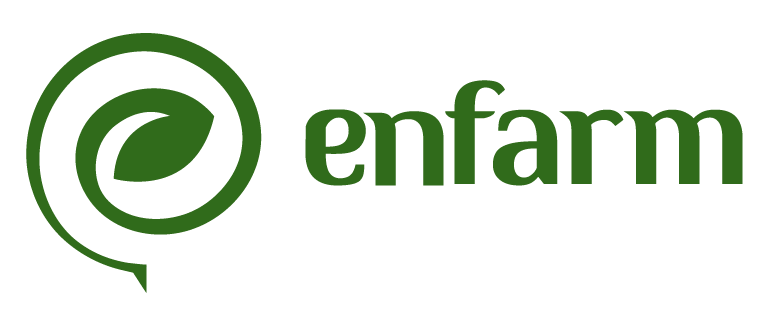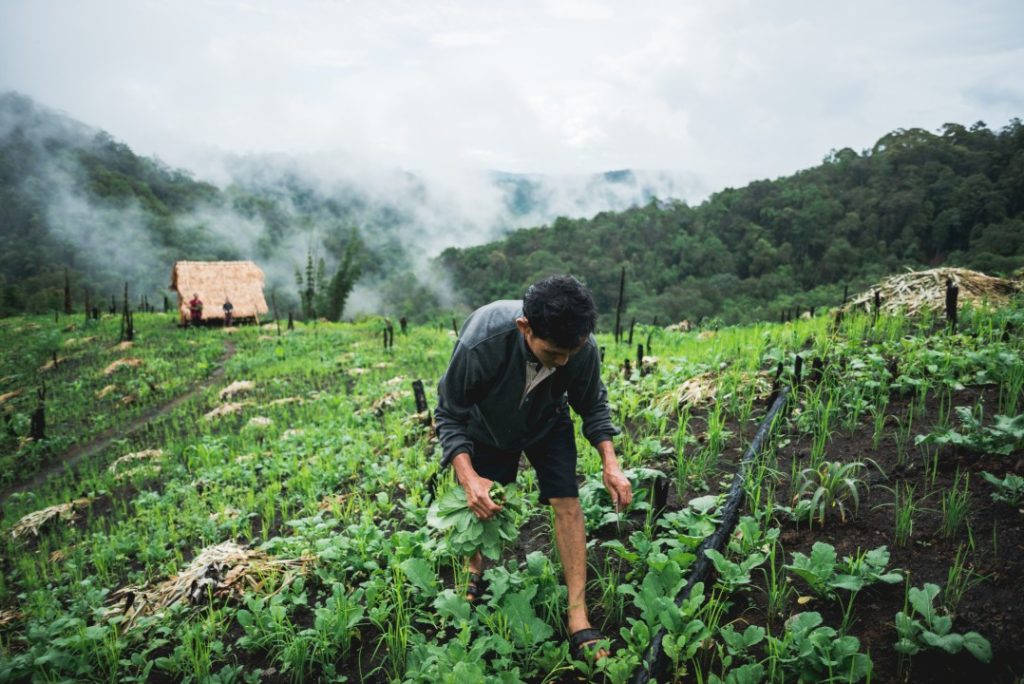The European Union (EU) Parliament has passed international trade legislation related to the Regulation on Deforestation-Free Products, aiming to strengthen efforts against climate change and protect biodiversity. The regulation applies to several commodities, including cattle, cocoa, coffee, palm oil, rubber, soy, wood, and certain products derived from them such as leather, chocolate, tires, and furniture.
Starting from December 30, 2024, companies importing or exporting goods to the EU market will be required to prove that these seven agricultural commodities do not originate from deforested land or contribute to forest degradation. This regulation is part of the EU’s broader environmental protection campaign, designed to combat deforestation, reduce carbon emissions, and preserve sustainable ecosystems.
According to data from the International Trade Centre, the EU is currently the world’s largest coffee consumer, accounting for 47.9 percent of total global import value. The EU is also Vietnam’s largest coffee export market. Therefore, when the regulation takes effect, coffee exports will face significant challenges in compliance, particularly in implementing GPS-based geolocation for each farm to trace the origin of products.
Experts predict that the EU’s import-export regulations will become increasingly strict over time. The list of regulated commodities is also expected to expand periodically. For this reason, integrating digital technology into agricultural production is essential to meet market requirements. This presents both a challenge and an opportunity for Vietnamese agricultural products to enhance their brand value in international markets.


